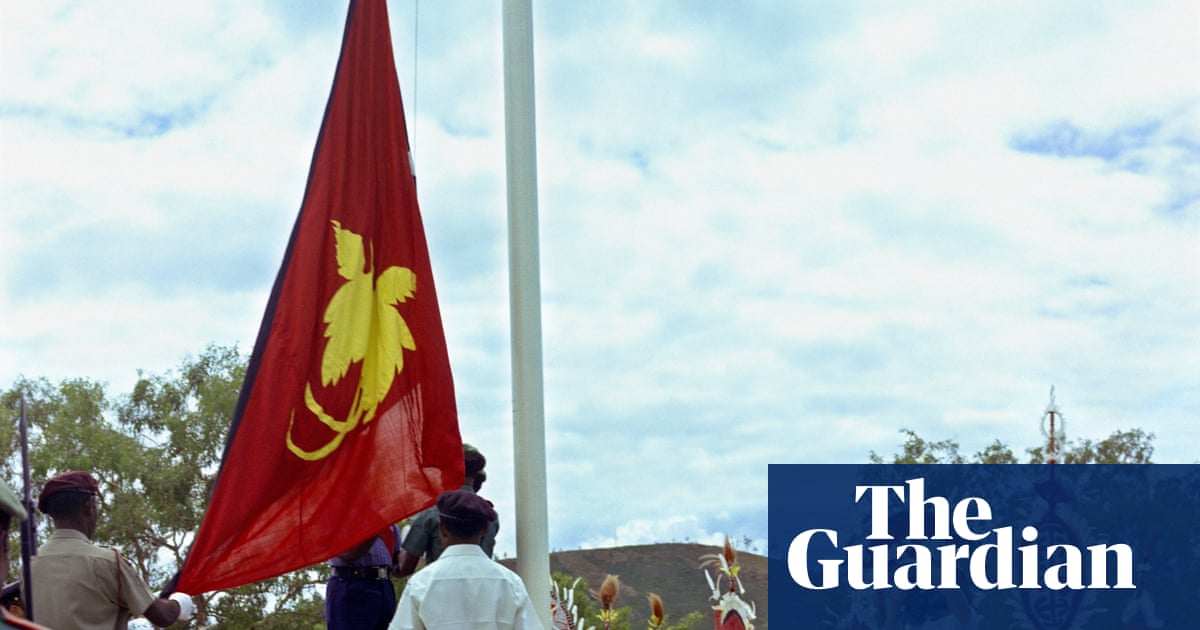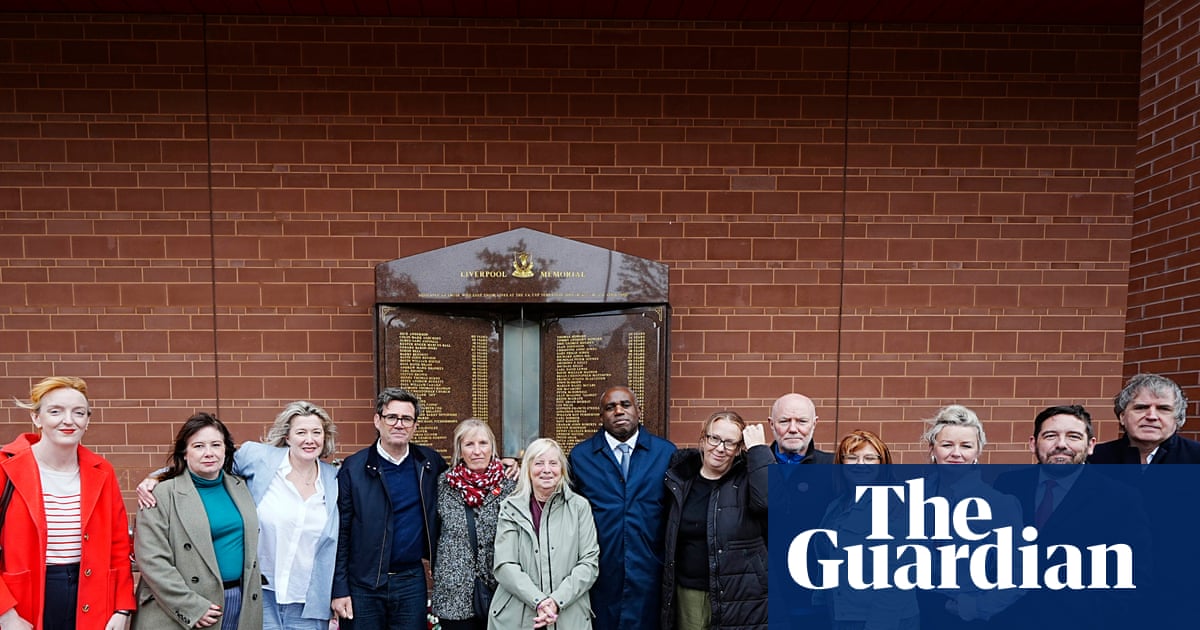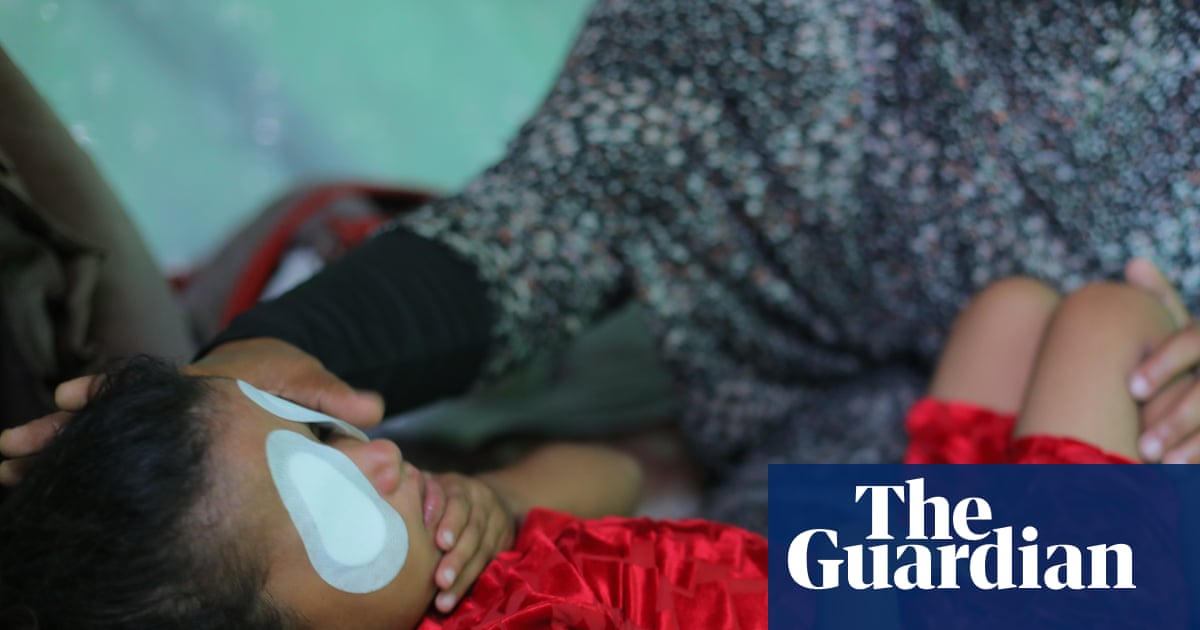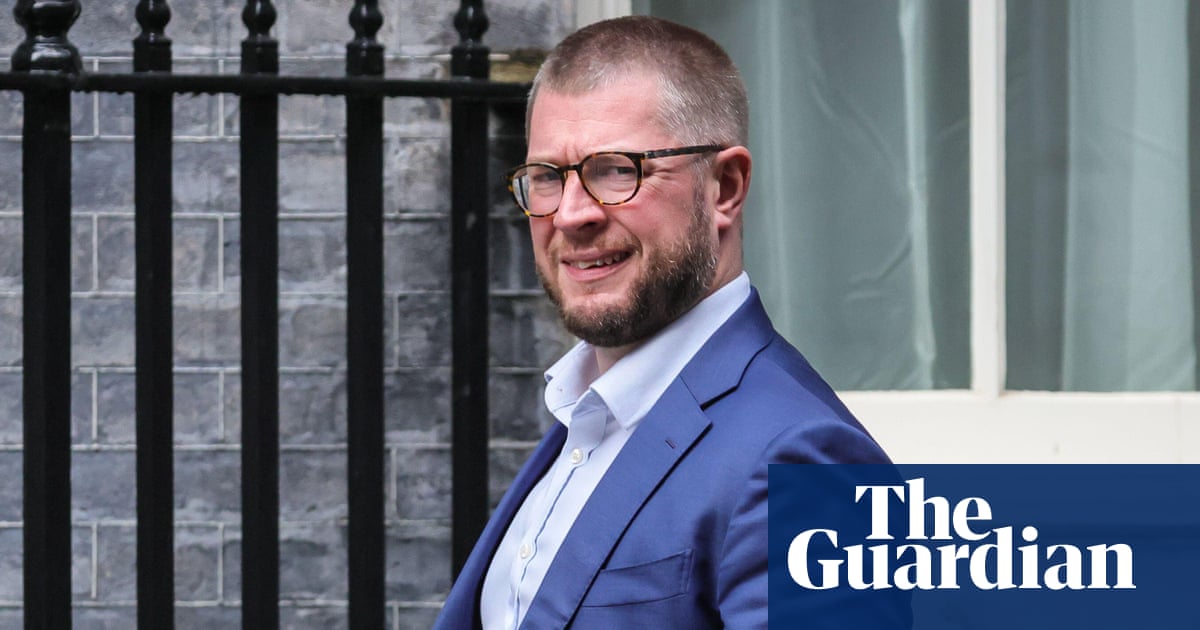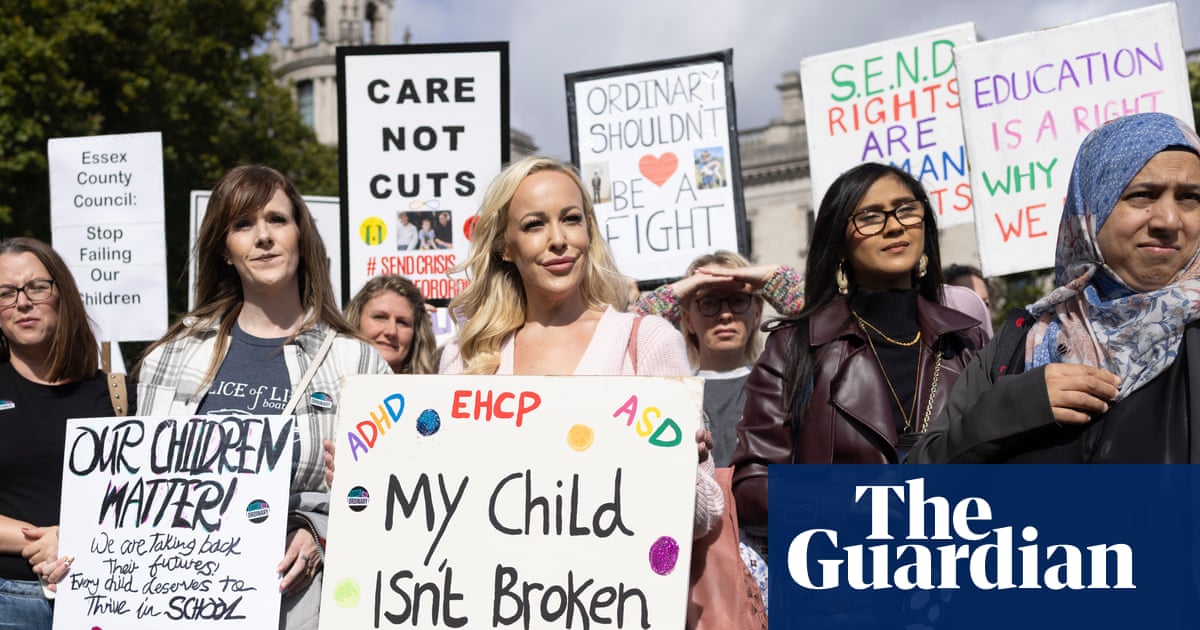Women whose relatives were murdered and disappeared under Argentina’s military dictatorship will meet EU officials in Brussels on Monday to seek support for expanded DNA testing to identify missing children.
A delegation from the Abuelas de Plaza de Mayo, a campaigning group, will denounce efforts by the far-right president, Javier Milei, to dismantle the search for missing persons. They will seek support for continuing their efforts to find the children of the disappeared who were illegally adopted, many of whom may be in Europe.
Claudia Poblete said: “Under the guise of economic reform, the Argentine government is taking the opportunity to dismantle and defund many of the institutions dedicated to searching for the disappeared, such as the National Commission for the Right to Identity, which works to trace children who were taken.”
One of Argentina’s 139 “recovered grandchildren”, Poblete was found by her biological family after her parents were murdered and disappeared under the 1976-83 dictatorship.
She said: “For more than 20 years, the Abuelas have received state funding to continue the search for their kidnapped grandchildren, because the state has a duty to find the disappeared.
“One of the goals of this trip to Brussels is to explore whether new forms of funding might be available to carry on the search. There are hundreds of people between 45 and 49 years old who could be anywhere in the world, even in Europe, and who have no idea they were kidnapped as children.”
After the 1976 coup, Argentina’s military set about crushing potential opposition and eventually 30,000 people were killed or disappeared, almost all of them civilians. Pregnant prisoners were kept alive until they gave birth and then murdered. At least 500 newborns were taken from their parents while in captivity and given to military couples to raise as their own.
By 1983, hundreds of these “adoptions” were coming to light. But it was not until 2021 that large-scale efforts were made to trace the children, when the Argentinian government sent hundreds of DNA testing kits to its consulates around the world in an effort to put names to unidentified victims and to find the children of the disappeared, many of whom are unaware of their true identity.
That changed when Milei took office in 2023, with human rights groups raising the alarm over his attempts to rewrite history and overturn the longstanding consensus over the dictatorship’s crimes.
Since he took power, Milei has ordered the closure of the special investigation unit of the National Commission for the Right to Identity; defunded the national genetic data bank; dissolved the survey and analysis team of the armed forces archives; and restricted access to official documentation at the ministries of defence and security.
The trip to Brussels follows an appeal for help last December from Estela de Carlotto, the 94-year-old founder of the Abuelas [grandmothers] group.
Horacio Corti Pietragalla, a child kidnapped by the military who was Argentina’s human rights secretary from 2019 to 2023, said: “There are more than 250 people who don’t know they are children of the disappeared, and many of them live today in Europe, in Spain, in France, especially in Italy. We must continue our efforts to find them.”
In Italy, a country with deep cultural ties to Argentina and where, according to the Abuelas, dozens of missing children could be living, the Democratic Party has submitted two parliamentary motions urging the government to press Milei to reverse the funding cuts.
Italy’s far-right government failed to respond and last year Giorgia Meloni, the prime minister, granted citizenship to Milei, citing his Italian family roots. The move sparked outrage among opposition politicians.
“The last grandchildren found by the Abuelas are also European citizens,” said Jorge Ithurburu, the president of 24 Marzo – a Rome-based group representing the relatives of victims of the dictatorship.
“They were found in Europe, in the Netherlands, in Spain, in Great Britain. The most recently found one has a brother who lives in the Canary Islands, and another one has two brothers living in Rome. Searching for grandchildren, for children of the disappeared, also means searching for European citizens.”
Martín Moze, coordinator of the Abuelas in Barcelona, said: “We will continue our search throughout Europe. We will carry the voice of the Abuelas to every corner of the world. We will shout their message in the streets: Grandsons and granddaughters, we are looking for you.”

 3 months ago
154
3 months ago
154

